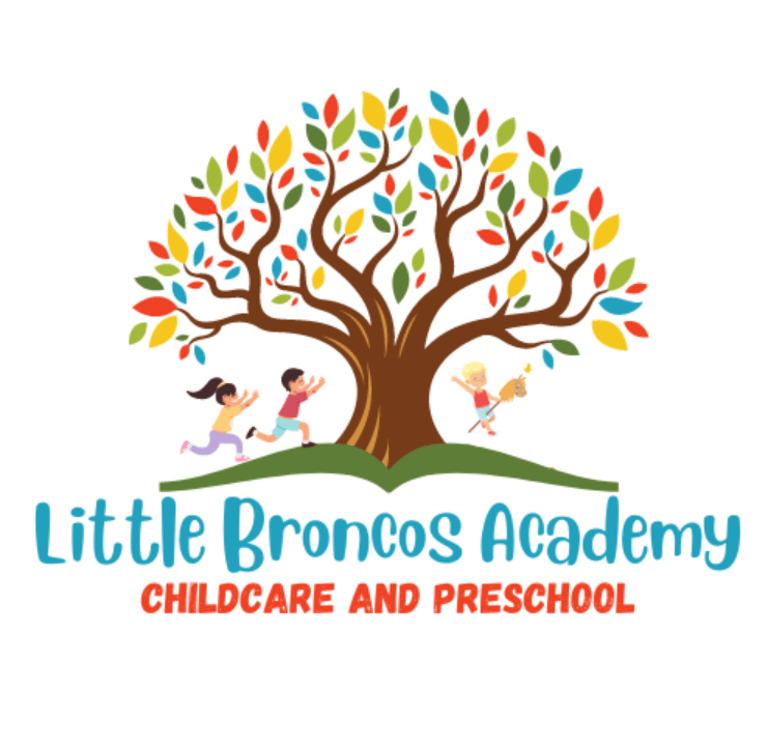Benefits of Using Educational Toys for Infants and Toddlers at Home
Benefits of Using Educational Toys for Infants and Toddlers at Home
1/3/20242 min read


As parents, we are always looking for ways to provide the best learning opportunities for our children. One effective way to promote early development and learning is by incorporating educational toys into their playtime. Educational toys are specifically designed to stimulate a child's cognitive, physical, and social skills, making them an excellent investment for infants and toddlers. Here are some of the key benefits of using educational toys for young children at home:
1. Promotes Cognitive Development
One of the primary benefits of educational toys is their ability to promote cognitive development. These toys are designed to engage children's minds, encouraging them to think, problem-solve, and explore new concepts. For example, building blocks can help toddlers develop spatial awareness and enhance their problem-solving skills. Puzzles can improve their logical thinking and hand-eye coordination. By engaging with educational toys, infants and toddlers can develop essential cognitive skills that lay the foundation for future learning.
2. Enhances Fine and Gross Motor Skills
Educational toys also play a crucial role in enhancing a child's fine and gross motor skills. Activities such as stacking blocks, threading beads, or using shape sorters require children to use their hands and fingers, improving their dexterity and hand-eye coordination. Toys that involve physical movement, such as push toys or ride-on cars, help children develop their gross motor skills by encouraging them to crawl, walk, or balance. By engaging in these activities, infants and toddlers can improve their physical abilities and overall coordination.
3. Fosters Social and Emotional Development
Playing with educational toys can also foster social and emotional development in young children. Many educational toys are designed for cooperative play, allowing children to interact, share, and take turns. These interactions help children develop important social skills such as communication, empathy, and cooperation. Additionally, educational toys can provide a sense of accomplishment and boost self-esteem when children successfully complete a task or solve a problem. This positive reinforcement contributes to their emotional development and overall confidence.
4. Encourages Creativity and Imagination
Educational toys often stimulate a child's creativity and imagination. Toys such as art supplies, building sets, or pretend play sets allow children to express themselves and explore their imagination. By engaging in open-ended play, infants and toddlers can develop their creativity, problem-solving abilities, and storytelling skills. These activities also encourage them to think outside the box and develop their own unique ideas and solutions.
5. Provides Parent-Child Bonding
Using educational toys at home provides an excellent opportunity for parents to bond with their children. By actively participating in playtime, parents can engage in meaningful interactions, offer guidance, and create lasting memories. Playing together with educational toys strengthens the parent-child relationship, promotes communication, and creates a positive learning environment.
In conclusion, incorporating educational toys into the playtime of infants and toddlers offers numerous benefits. These toys promote cognitive development, enhance motor skills, foster social and emotional growth, encourage creativity and imagination, and provide valuable bonding experiences between parents and children. By investing in educational toys, parents can create a stimulating and enriching environment that supports their child's early development and learning.
14400 Daleville Rd
Daleville, IN 47334
Get More Info!
(765) 702-4209
www.littlebroncosacademy.com
Hours:
M-F
7:00AM-5:30PM
